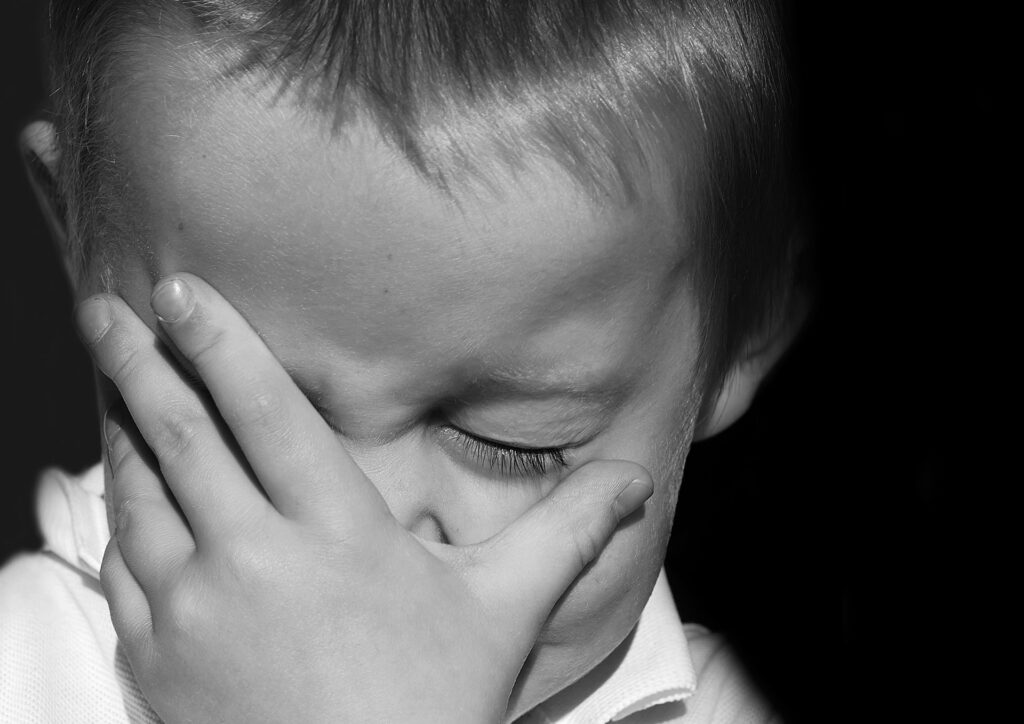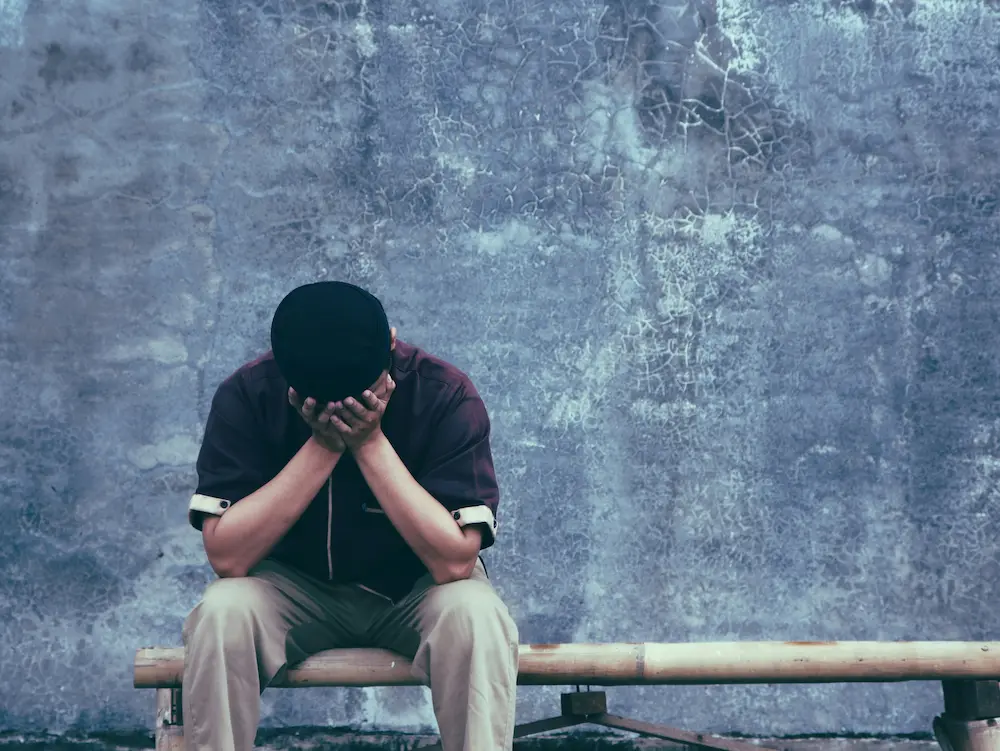
Men are often ashamed to cry and shed tears; and it is a pity that this ancestral taboo that considers crying appropriate only for women still stands.
Perhaps in a subconscious area of the manly soul, Cervantes' enumeration of man's good crying still weighs too heavily: "For three things it is lawful for a prudent man to weep: the first, because he has sinned; the second, to obtain pardon for sin; the third, because he is jealous: tears do not speak well of a grave face."
In my opinion, Don Miguel fell very short in this list of reasons for crying, perhaps because he failed to see that crying is one of the most sublime outpourings granted to us by our ancestors. Creator. He knows very well that a man needs to unburden his spirit at least as much as a woman does.

We all cry, some more than others, it is true, but all of us: young and old, men and women, sick and healthy, conservative, backward, progressive, etc. Who does not weep at the death of a mother, sheds tears of joy at the birth of a child; who faces the attack of the enemy without flinching, sheds tears of despair and frustration at the betrayal of a friend.
And who has not wept peacefully when he kissed his elderly mother again after many years? Perhaps in those moments he has savored tears as a gift of God's tenderness towards human beings.
There is perhaps no gesture more endearingly human and divine as tears, than the very same Jesus ChristGod and true, lived in the death of his friend Lazarus. The Apostles also shed tears, and I dare say that there has not been a saint who has not wept.
Tears open the doors of those narrow prisons in which every human being feels imprisoned from time to time. What other recourse is there when faced with the death of an innocent child; when suffering an injustice that we are unable to repair; when faced with the rebellion of a child; when suffering from a completely unforeseen illness; when faced with the sudden madness of a loved one?

Many people may be embarrassed to be seen crying by others, as if a tearful face is a humiliating manifestation of weakness, a sign of immaturity, or an inability to cope with certain life events.
I don't find Jacinto Benavente's comment very happy. regarding the different circumstances in which a man and a woman cry: "Men, he says, almost always cry alone; women cry only when they have a friend at their side who can wipe away their tears". And he is not happy, simply because every human being who cries wants to be consoled, although perhaps few are aware that the only one who can console them in the depths of their soul is God: this is what men and women thought, whom, throughout my life, I have found crying alone in a corner of a church.
"A life in which not a tear falls is like one of those deserts in which not a drop of water falls; it only breeds snakes". Castelar's comment, even with its good dose of romanticism, is still accurate.
Only those who know how to cry, do not hate, do not bear grudges, do not feed desires for revenge.He manages to unleash the joy of his spirit with a serene smile.
Smiling after crying is like a rainbow, a symbol of peace, of serenity. And, on the contrary, not knowing, or not wanting to cry already has a hint of a curse, a condemnation to be cruel, and to never forgive. It is one of the misfortunes that can occur in the life of a man, of a woman.
Ernesto Juliá, ernesto.julia@gmail.com
Originally published in Religion Confidential.